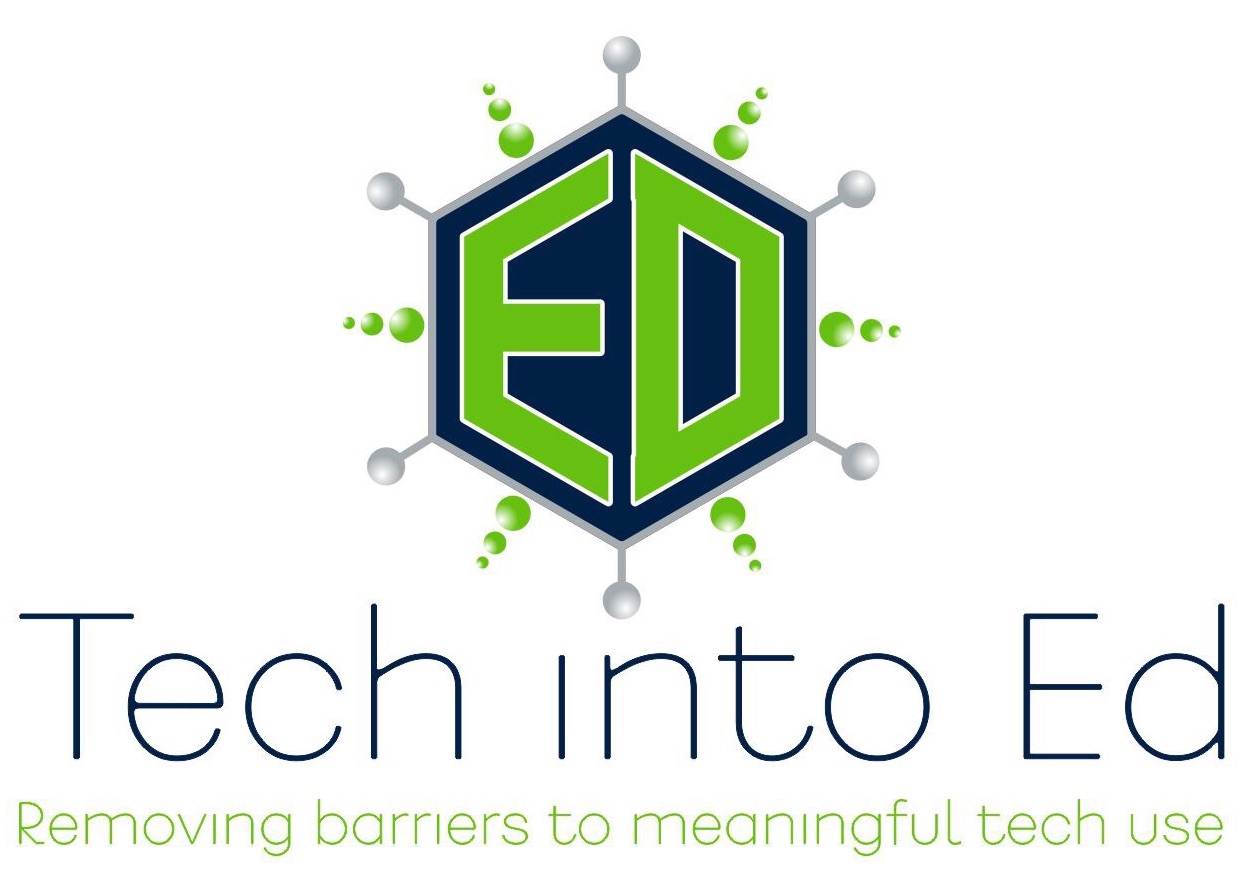Creating digital resources, not just curating them
I just read an article that talks about the next generation of smart phone technology (I know, some of you still haven't found a need to even consider purchasing this or the last generation of smart phones...trust me,I get it!).
The author presented the concept that our future iPhones and Android phones will serve more as a digital assistant than just a phone. A relationship develops between the user and the device as the device begins to understand uses, locations, communication patterns, listens in to assist with note taking, etc. The device begins to take on these tasks for us, curating information from our daily lives without much input or energy expended by us.
Perhaps that is all well and good, but the concept gets under my skin a bit. I believe there is still something to be said for having to dig in and do! Here is my concern.
The information revolution we live in already makes access to knowledge and data instant and painless. However, it is still our work to both make sense of that information and to assist in the work of creating some of that information (uploads to YouTube, Flickr, and edits to Wikipedia exemplify this information contribution we partake in). I already see a concerning pattern of disconnection by people who gather digital information and resources very efficiently, but who fail to dig into those resources to consume, process, and learn from them. It is akin to hoarding of digital resources - they collect the resources but with little purpose or outcome in mind for them.
Consider, then, if the technology could learn what you wanted it to collect for you, at least in the way of digital resources. This simple shift in "process" truly ratchets up the likelihood that most of us may elect to simply overlook these digital resources, knowing we have access to them if/when we need them. Therein lies the problem! It is in the review of these resources that questioning, inquiry, puzzling, brainstorming, and innovative thinking happens. I worry about this shift, as it creates greater opportunity for disengagement from the resources that help us generate our own thoughts and feelings on issues and topics.
We cannot stop the march of technological innovation, though, so what are we to do?
I wonder if the answer is in encouraging and teaching people to be content creators. It is because I write two blogs that I value and genuinely read blogs written by others. It is because I create tutorial videos and place them on YouTube, that I watch and evaluate the quality of other tutorial videos on YouTube. It is because I work diligently to mantain a high quality of posts and resources in my social networls that I critically evaluate and utilize rhe resources placed in those networks by others.
There is a natural element of appreciation for the work of others when we have engaged meaningfully in at least dabbling in that work ourselves. I appreciate the talents and efforts of others because I, too, have attempted it. Perhaps the same is true for our students. If we could meaningfully engage them in the work of creating content and contributing it to the global community, perhaps we could naturally encourage our students to thoughtfully engage with the resources they encounter, instead of having them simply collect and overlook these resources.
This means, though, that we have to, above all else, encourage our kids to be makers as well as consumers of digital resources. That means that our jobs change significantly, as we focus on creating the questions, structure, and conditions for learning, instead oF simply focusing on distributing learning to all. This is the transition we can make in our classrooms today to thwart the kinds of issues we know exist presently, which will only grow as technology advances in the future.
